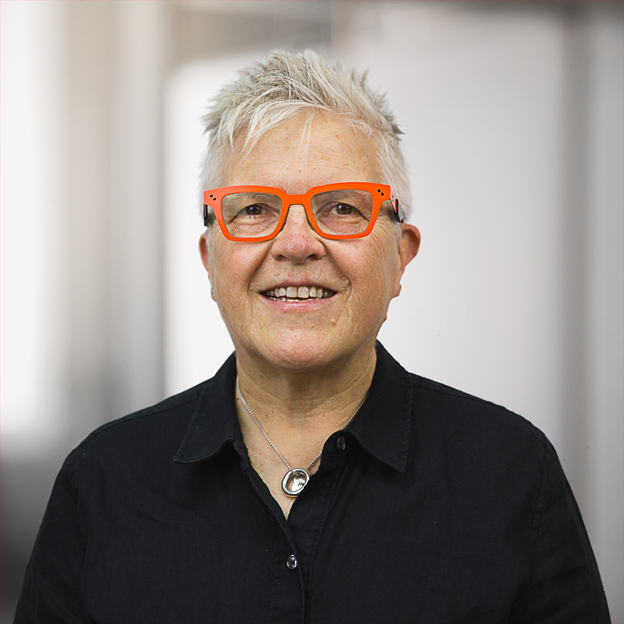Online Workshop

It is well known that stress and exposure to trauma can lead to burnout, caregiver fatigue, retention challenges, physical and mental unwellness. We know that workers in the human service field are suffering and are at risk, especially in this present-day climate.
There is significant evidence supporting the positive effects of mindfulness and self-compassion on mental and physical health, including lasting decreases in physical and psychological symptoms; greater ability to cope with stress; greater cognitive capacity; improved mood and energy.
Kristin Neff and Christopher Germer, developed the evidence-based Mindful Self-Compassion program, recognizing that we often neglect to have compassion for ourselves especially while being of service to others.
Research has shown that self-compassion greatly enhances emotional wellbeing. It boosts happiness, reduces anxiety and depression, and can even help maintain healthy lifestyle habits such as diet and exercise. Being both mindful and compassionate leads to greater ease and well-being in our daily lives. (Neff and Germer, self-compassion.org)
By staying connected to themselves and being mindful of their empathic distress, clinicians can acknowledge how difficult it can be to witness and listen to another’s suffering and can allow for self-kindness during these difficult moments. Self-compassion also allows a clinician to recognize and meet their own needs so that they can sustain the ability to be present and available for others. Hategan et al. Humanism and Resilience in Residency Training (2020) p.66
During these sessions, participants will learn skills that can be used on the job and to provide a safe space for self-compassion topics to be explored.
As participants of this program, there is an opportunity to develop a sense of community and shared experience that will be developed and sustained. As participants learn these skills and increase their own sense of well-being, they may offer support to other colleagues ultimately impacting the overall culture of care. In turn, this culture shift will impact the care given to the service users being served.
Participants will learn practical strategies to address compassion fatigue and increase resilience.
NOTE: This is an interactive, virtual workshop, which is different from a webinar. Participants will be expected to participate through voice and video, and to engage with each other and the facilitator in large and small group discussions.
Learning Objectives
As opposed to other self-care techniques, self-compassion practices can be used on the spot while at work with service users and colleagues. As a participant of the program, you can learn tools to use throughout the day to:
- Care for yourself while caring for others
- Be able to listen with compassion
- Handle difficult emotions with greater ease
- Reconnect to the values that give your life and work meaning
Who Should Attend?
Any staff in a human, social or community services organization.
Duration
Six, one-and-a-half-hour online workshops held every week for six weeks.
Workshop Dates and Registration
All sessions in Eastern Standard Time.
October 22 – November 26, 2025
- Part 1: Wednesday, October 22 | 9:00 – 10:30
- Part 2: Wednesday, October 29 | 9:00 – 10:30
- Part 3: Wednesday, November 5 | 9:00 – 10:30
- Part 4: Wednesday, November 12 | 9:00 – 10:30
- Part 5: Wednesday, November 19 | 9:00 – 10:30
- Part 6: Wednesday, November 26 | 9:00 – 10:30
- Registration Cut Off: Monday, October 20
Registration coming soon.
Pricing
Members: $750 + HST
Non-Members: $975 + HST
Non-Member Education Level 1/2: $780 + HST
Bring This Workshop to Your Staff
OMSSA can work with you to deliver this workshop to you and your team in an in-person format at a time that works for you. We can also customize the content of each workshop to meet your specific needs. Contact OMSSA's Director, Education Christie Herrington to learn more about bringing this workshop to your staff.
Technical Requirements
OMSSA will be hosting this virtual workshop on Zoom, an online, interactive platform that you can join straight from your web browser, or by downloading 'Zoom Client for Meetings' on your computer or tablet.
Participants will be expected to join the workshop via both video and audio. Participants should therefore have access to a desktop computer, laptop computer or tablet with:
a webcam or built-in camera
a built-in microphone or a headphone jack where you can plug in a headset or earphones
We strongly recommend that participants use a headset or earphones with a built-in microphone in order to limit background noise.
System requirements: Click here for more detailed information on system requirements from Zoom.
About the Facilitator
Valerie Spironello, MSW, RSW (choosewellness.ca) has been a social worker for over 35 years working in a variety of settings including health care (palliative care, chronic illness), child welfare, and domestic violence. Valerie is an Assistant Professor (PT) with the Department of Family Medicine teaching in the Faculty of Health Sciences at McMaster University. She has provided workshops and presentations to service providers on a variety of topics such as compassion fatigue, work/life balance, mindfulness and end-of-life care. Valerie is also a meditation teacher trained in the use of mindfulness in the clinical setting. In her private practice Choosewellness.ca, she provides counseling, groups, workshops and retreats to assist others in living well in Body, Mind and Spirit. After experiencing compassion fatigue herself, Valerie committed to using her ‘re-found' sense of humour to help others look at, and live their best life. She is very excited to be collaborating with OMSSA to offer this knowledge as support to its members!
